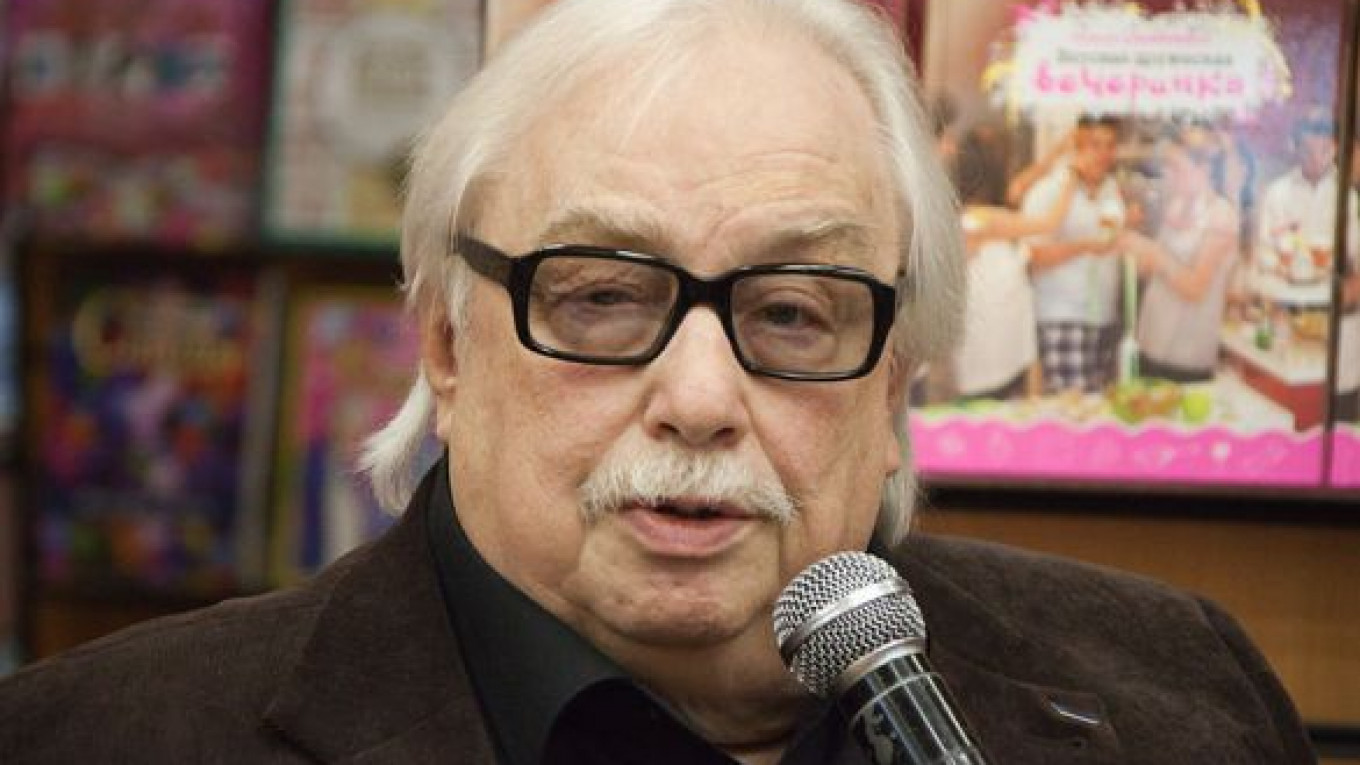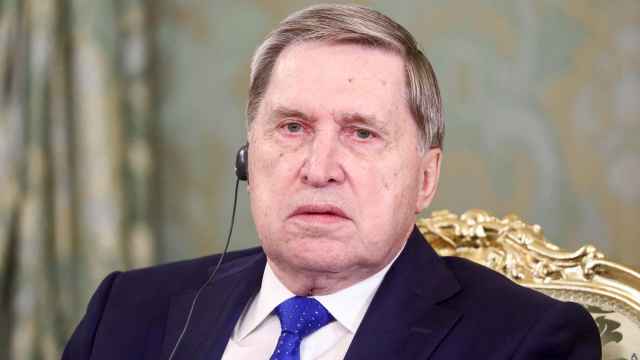New public television chief Anatoly Lysenko said he would be willing to work with prominent opposition leader Alexei Navalny within hours of being appointed to the position by President Vladimir Putin.
"The opposition is in fact a part of society. And its point of view must be present. Clever people from the opposition should be there. They are smart," Lysenko told Izvestia in an interview Wednesday.
In response to a question as to whether he would work with Navalny, Lysenko answered "Why not?" Lysenko added the disclaimer, however, that Navalny was more of an "active" person and that he needed people who can write.
The head of the new public TV network created as part of the Kremlin's response to criticism of state-controlled channels also said that television should not be an opposition tool.
"I believe that television should not be part of the opposition. What is it if you are shouting something down all the time?" he said.
The channel's scheduled premiere, meanwhile, could be delayed from Jan. 1 to May because of "technical reasons," Lysenko told business daily Kommersant.
State-controlled television has given little coverage to opposition figures, despite mass protests in the wake of December parliamentary elections and a presidential election dogged by allegations of voting fraud.
The 75-year-old Lysenko was appointed Wednesday to head the first-ever public television channel in Russia.
The makeup of a 25-member council for the newly formed channel was also approved and is to include detective stories writer Darya Dontsova, Russian Orthodox Church senior official Vladimir Legoida, actor and theater director Oleg Tabakov and former Tatarstan leader Mintimer Shaimiyev, among others.
A Message from The Moscow Times:
Dear readers,
We are facing unprecedented challenges. Russia's Prosecutor General's Office has designated The Moscow Times as an "undesirable" organization, criminalizing our work and putting our staff at risk of prosecution. This follows our earlier unjust labeling as a "foreign agent."
These actions are direct attempts to silence independent journalism in Russia. The authorities claim our work "discredits the decisions of the Russian leadership." We see things differently: we strive to provide accurate, unbiased reporting on Russia.
We, the journalists of The Moscow Times, refuse to be silenced. But to continue our work, we need your help.
Your support, no matter how small, makes a world of difference. If you can, please support us monthly starting from just $2. It's quick to set up, and every contribution makes a significant impact.
By supporting The Moscow Times, you're defending open, independent journalism in the face of repression. Thank you for standing with us.
Remind me later.






